I had the pleasure — my therapist says the misfortune — of growing up in a doggy dynasty. My grandpa showed dogs at Westminster, my father’s a dog breeder, my mom owned the Miami area’s biggest puppy shop — the list of dog industry relatives goes on and on. My heritage didn’t traumatize me because of the way my parents cared for animals (my mom loves dogs so much that she keeps all her dead pets’ ashes in marble urns; until recently, she kept my grandpa’s ashes in a cardboard box), but because extremists targeted us. PETA protested my mom’s puppy store on the weekends. When I was a teenager, Animal Liberation Front member Camille Marino, who later served prison time for tying herself to a medical researcher’s door, threatened to kill my mother and chanted that I was a “blood baby.” Last year, I called Marino to ask what a blood baby was; she didn’t remember, but she maintained my mother should die.
Animal activists meant drama, but the benefit was that I knew from a young age to check the fine print before I donated to charity. I didn’t need Sam Bankman-Fried’s arrest to know that do-gooders are complicated. Not to sound miserly, but you must ensure you approve of how animal charities spend their money before cutting them a check.
Many Americans presume, for example, that the American Society for the Prevention of Cruelty to Animals (ASPCA) and the Humane Society of the United States (HSUS) are umbrella groups for local shelters and rescues — but in fact they aren’t affiliated with local SPCAs and Humane Societies. (Both ASPCA and HSUS say they are upfront about this fact and that their donors know.)
ASPCA operates vet clinics around America and one adoption center in New York City and they likely have more money than any local rescue. They fundraised over $2 billion between 2008 and 2019. A 2021 CBS News investigation found they “spent $146 million, or about 7 percent of the total money raised, in grants to local animal welfare groups.” In comparison, they allocated $421 million to “fundraising.” CEO Matt Bershadker earned over $840,000 in 2019 to oversee this budget. By 2021, his pay had increased to $990,525. (Guess Bershadker doesn’t have to worry about inflation!)
“All of our work and resources are focused on protecting and improving the lives of animals, including those suffering in cruel, commercial breeding operations. We deeply appreciate the support of our many advocates and donors who recognize the essential need for our work,” an ASPCA spokesperson says in a statement. “Approximately 76 cents of every dollar reported as an ASPCA expenditure was used for programmatic services that directly advance the ASPCA mission.”
Meanwhile, the Humane Society of the United States runs two animal sanctuaries, Black Beauty Ranch and Duchess Sanctuary, but manages zero dog rescues or shelters. In 2021, they reported nearly $260 million in revenue and a budget of over $138 million. ProPublica found they had spent over $35 million in “fundraising expenses” and booked “first-class or charter travel.” In 2022, revenue fell to near $158 million, and expenses rose to close to $167 million. They scrapped the fancy travel, but CEO Cristobel “Kitty” Block’s base pay jumped from $453,464 to $562,693. (She may want to ask Bershadker how to negotiate a better salary.)
There’s a reason even dog breeders call Wayne Pacelle a political genius
Very little of this money went to local dog rescues and shelters. A Center for the Environment and Welfare study found that in 2021, “$1.6 million of this [budget] reached local pet shelters in financial grants, just 1 percent of their total budget.”
HSUS’s senior director of media relations, Anna West, pushed back on the figure, saying, “Forty-three percent of our actual program spend is devoted to caring for animals in crisis and direct animal care costs. However, we are not a parent organization for local humane societies. Our overall mission is about driving big change for all animals, stopping animal cruelty and suffering at the root.” West points out that in “2022, we distributed 7.9 million pounds of food and 1,698 pallets of pet supplies, with a combined value of $23 million to shelter partners across the United States.” When asked if HSUS paid for this dog food, she admitted a corporate donor gave them the food for free.
Where HSUS shines is in its large-scale collaborations with law enforcement. Their Animal Rescue Team has a long, successful history of removing animals from risky situations and transporting them to better homes. They transported 4,000 beagles from a medical testing facility in 2021 to rescues nationwide. In 2023, they worked with local police to save dogs from a vicious dog fighting ring in North Carolina.
But during this reporting, a scientist and several dog industry veterans, who have spent decades working hands-on with dogs, complained that HSUS and its lobbying partner, the Humane Society Legislative Fund, anointed some of its staff as experts, even if they lack science backgrounds. During my reporting, HSUS touted senior director of Stop Puppy Mill Campaigns John P. Goodwin as a “nationally recognized expert on ‘puppy mills.” The USDA awarded Goodwin in 2008 for his work shutting down dog-fighting rings, and Goodwin collaborated with the FBI in 2005 on a raid of what HSUS calls the “nation’s largest illegal cockfighting pit”; however, those are awful criminal enterprises that have nothing to do with the legal, USDA-regulated dog breeding industry. Goodwin himself also has a criminal history. Before joining HSUS in 2000, he served as a spokesperson for the Animal Liberation Front, an extremist group the FBI labels a domestic terror threat, and served six months probation for vandalizing mink fur stores.
“The arrest you refer to was a misdemeanor vandalism charge from 1992, when Goodwin was 19,” West says. “Goodwin renounced extremism in the 1990s, three decades ago, and was a leader in an HSUS effort to eradicate ‘illegal direct action’ from the movement. Goodwin was a coauthor of a 2002 piece in Satya magazine calling on animal advocates to renounce the ALF and personally convinced many activists that extremism should be rejected. The HSUS has had a longstanding anti-violence policy.” In other words, he’s a lifelong activist. In our intersectional age, that makes him an expert.
HSUS spends much of their time promoting new laws. (A lawyer by training, CEO Cristobel “Kitty” Block’s blog often revolves around legislation.) Goodwin is currently promoting the Puppy Protection Act, which would amend the Animal Welfare Act to “provide for the humane treatment of dogs.” On paper, the law sounds ground. It would change kennel requirements, including increasing the space for dogs in kennels and mandating exercise, but the issues come in the fine details.
“It’s all arbitrary numbers,” says Chris Fleming, the dog brokerage Pinnacle Pets owner, which has pushed breeders to improve their standards. “It’s taking the same rules across a broad spectrum of breeds. How you care for a Chinese hairless is going to be different than a Husky. The number just feels good [to lawmakers and animal activists].”
Some rules contradict existing science and realities about dog kennels. Take the provision that breeders would upgrade their kennels to solid floors. Goodwin cites Purdue University professor Dr. Candace Croney’s published paper “Does Flooring Substrate Impact Kennel and Dog Cleanliness in Commercial Breeding Facilities?” “The fact that solid flooring is safe is backed up by the experience of thousands of animal shelters, as well as every pet owner who has solid flooring in their house, their yard, or wherever else their dogs spend time,” Goodwin says. He fails to mention that concrete is the common solid floor for a kennel, and Croney’s article concluded, “Those housed on concrete were more prone to develop lameness and heel erosions.”
When asked about the Puppy Protection Act, ASPCA pointed to their own law, Goldie’s Act, which would allow USDA to confiscate any dog they believe suffers from “psychological harm.” A scientist — who spoke on the condition of anonymity, citing possible harassment from activists — said the bill is problematic because USDA inspectors come from veterinary, not animal psychology, backgrounds. They have no training to evaluate an animal’s “psychological” wellbeing.
“The ASPCA strongly supports Goldie’s Act, which aims to address the USDA’s ongoing failure to enforce the federal Animal Welfare Act by requiring the USDA to conduct more frequent and meaningful inspections, provide lifesaving intervention for suffering animals, ensure that licensed facilities that harm animals are held accountable, and communicate with local law enforcement to address cruelty and neglect,” ASPCA said in a statement.
What is most surprising to those on Capitol Hill and the dog industry is that former HSUS CEO Wayne Pacelle isn’t calling senators, begging them to vote for both bills. Pacelle isn’t a household name, but he’s a legend in animal rights and pet industry circles. As the head of HSUS and a regular Oprah guest, he transformed public perception of animal rights activists from fringe, blue-haired freaks to respectable, everyday people who just love animals. He pushed numerous national laws over the finish line in DC and successfully passed ballot measures nationwide that banned pet stores and shut down many dog breeders. Love him or hate him, Pacelle gets the job done. There’s a reason even dog breeders call him a political genius.
Since he left HSUS in 2018, Pacelle has founded two new groups, Animal Wellness Action and Center for a Humane Economy, but they haven’t put their muscle on the Puppy Protection Act.
“I was concerned that it didn’t have bipartisan support in the Senate and that you have to have a two-chamber strategy in order to advance the issue,” Pacelle says. “The state of political sophistication in the animal movement has been limited. I mean, I initiated just about all the ballot measures!”
HSUS hasn’t pushed ballot measures since Pacelle left, but HSUS and ASPCA can afford to fight for years. ASPCA keeps $11 million in offshore accounts. HSUS invested $67 million in offshore accounts in 2021. That number only increased in 2022. Their recent tax return shows they hold $83 million in the Caribbean and another $8 million in Europe.
“The use of investment funds outside of the United States is one strategy — which aligns with IRS rules as well as best practices among charities and universities — for increasing financial returns in support of our mission and programs,” West says. The work of saving and protecting animals in the United States and worldwide requires substantial funding, and generous donors have helped the HSUS build financial reserves that make it possible for us to take on the big fights, ensure long-term funding for major initiatives, and weather economic downturns and emergencies (like the pandemic). As responsible stewards, we invest our assets in ways that offer both protection and the best opportunities for growth. As a qualified nonprofit organization, we are able to minimize taxes on investments, which allows us to put more money directly toward our work and operations.”
Dog breeders routinely critique HSUS and ASPCA for keeping money offshore, but Pacelle argues that’s the wrong debate. “It’s probably not a good long term, organizational strategy to spend everything that comes in in a single year,” he says. “The test is not, you know, how much the budget is. It’s not how much is in the endowment. The question is, ‘How effective are they using the resources they have?’ Donors invest in you. and what return are you giving them in terms of animal save?”
Pacelle said his group was on track to spend around $2 million in 2023. In their short lifespan, his groups have stacked up legislative victories in DC, passing eleven bills, including the FDA Modernization Act, which eliminates the requirement for animal testing for all new drug development programs.
I disagree with Pacelle on many policies — we’ve discussed this over the phone — but he successfully passed his laws. Speaking to him, it’s clear why he’s thriving as the nationals struggle with legislation. When asked for comment, Block had her flack send me a passive-aggressive email, asking who my editors were and if I had refrained from telling them my family history. Their goal was to torpedo my story. In contrast, Pacelle picked up the phone, called me, and tried to change my mind.
If you want to push laws, donate to Pacelle’s organizations. If you care about large-scale animal rescues involving law enforcement, cut a check to HSUS, and if you want to fund vet clinics, donate to ASPCA. But if you want to support dog shelters and rescues, you should donate to a local group. They need the money, especially now with a surging dog respiratory virus, and you will know that it will be used to help dogs. When it comes to donating, it’s often like shopping: you want to stay local.










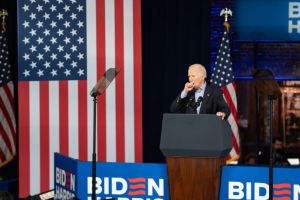


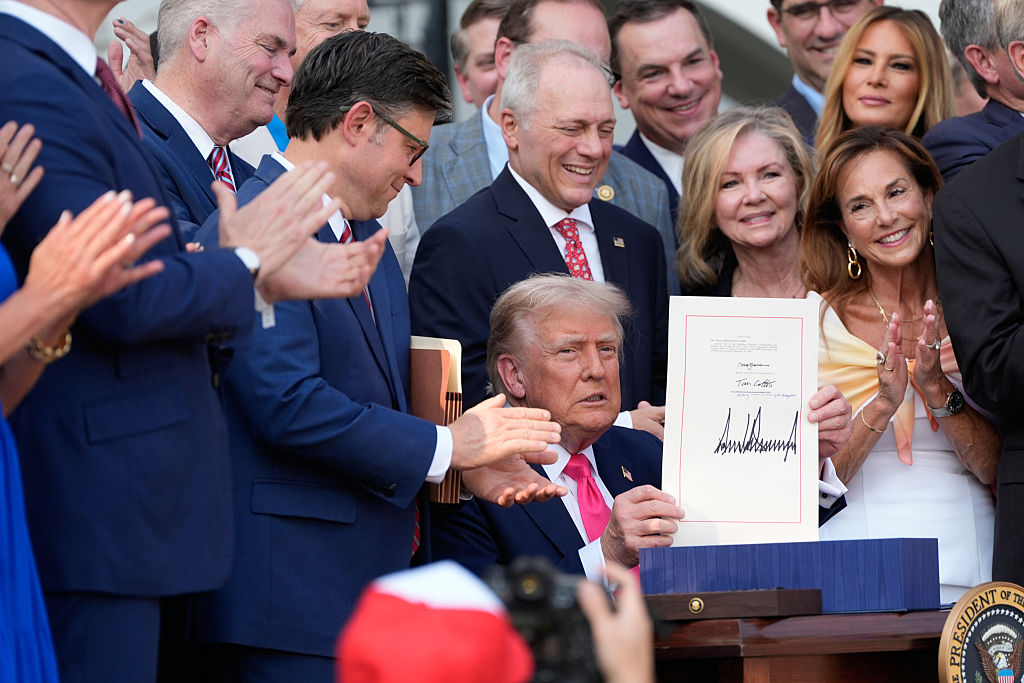
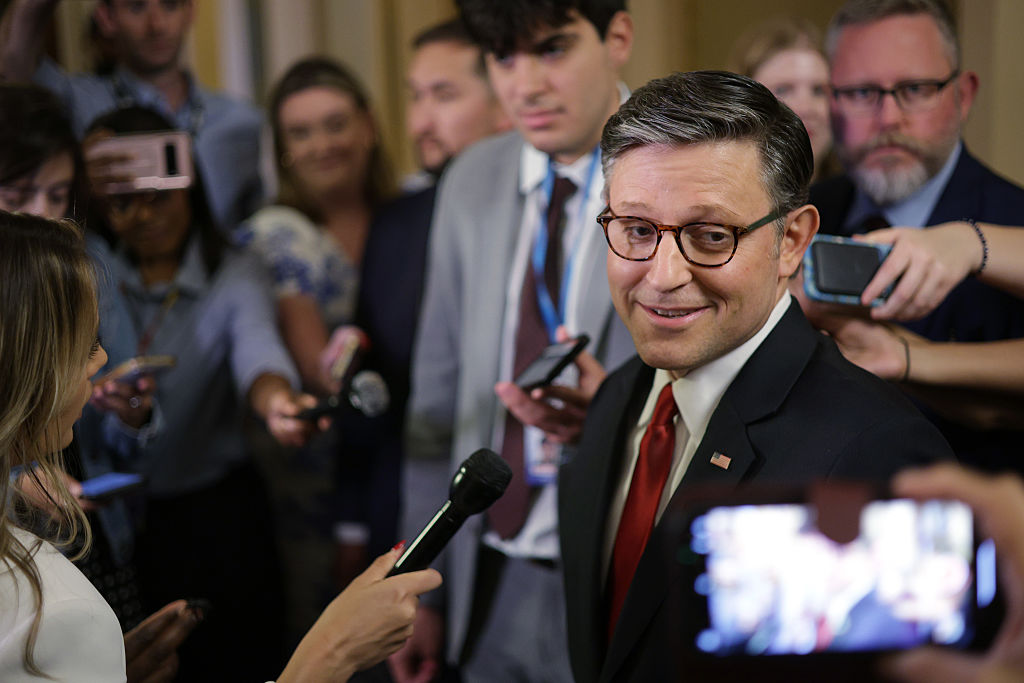
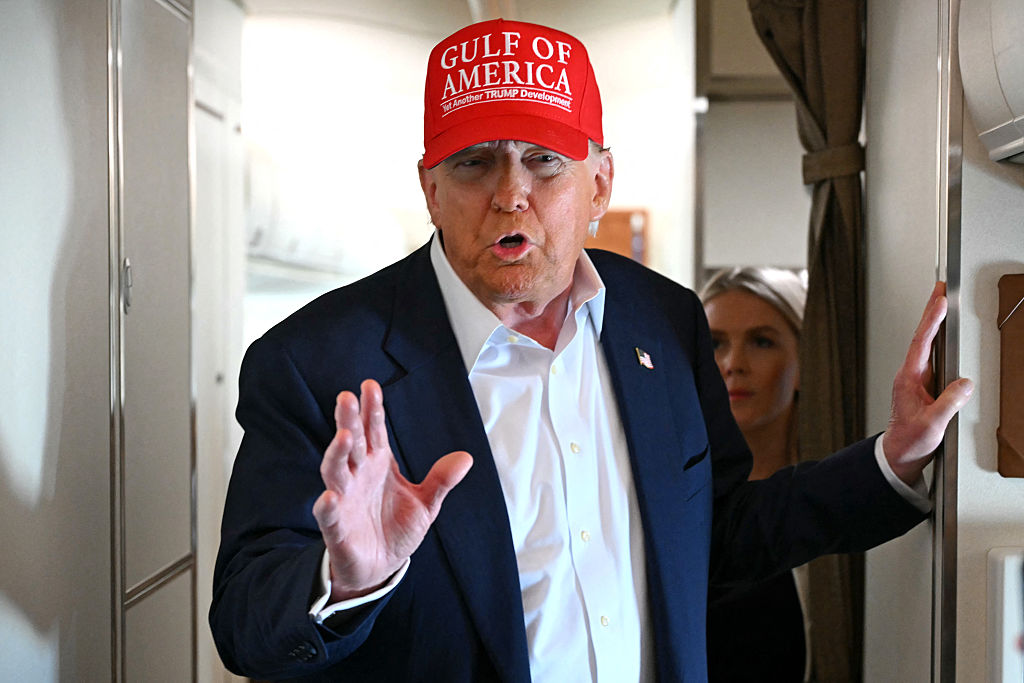
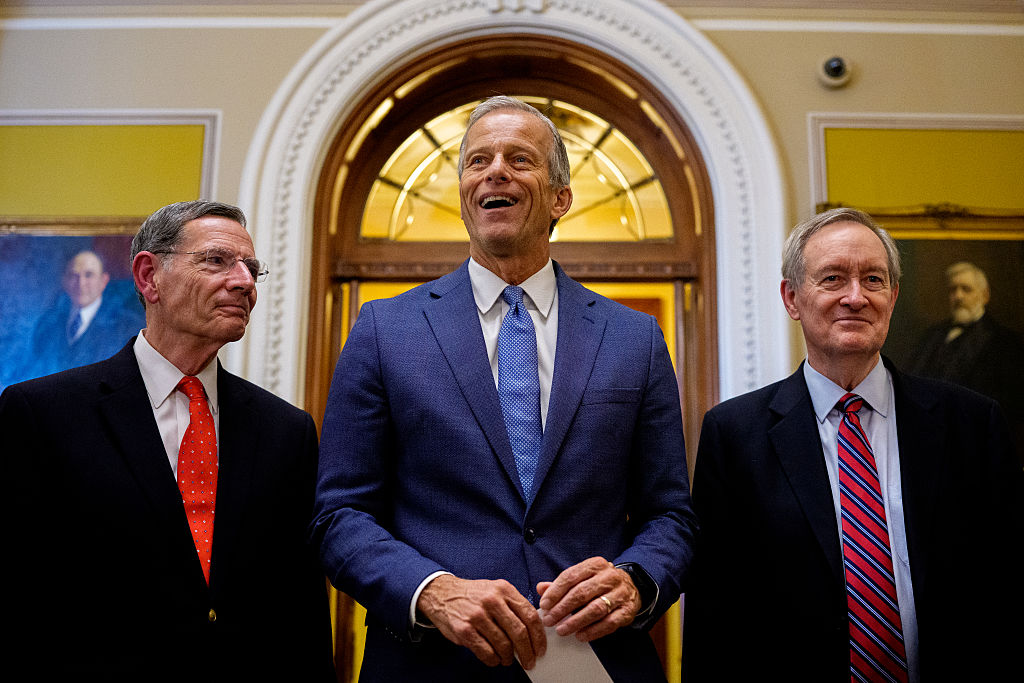
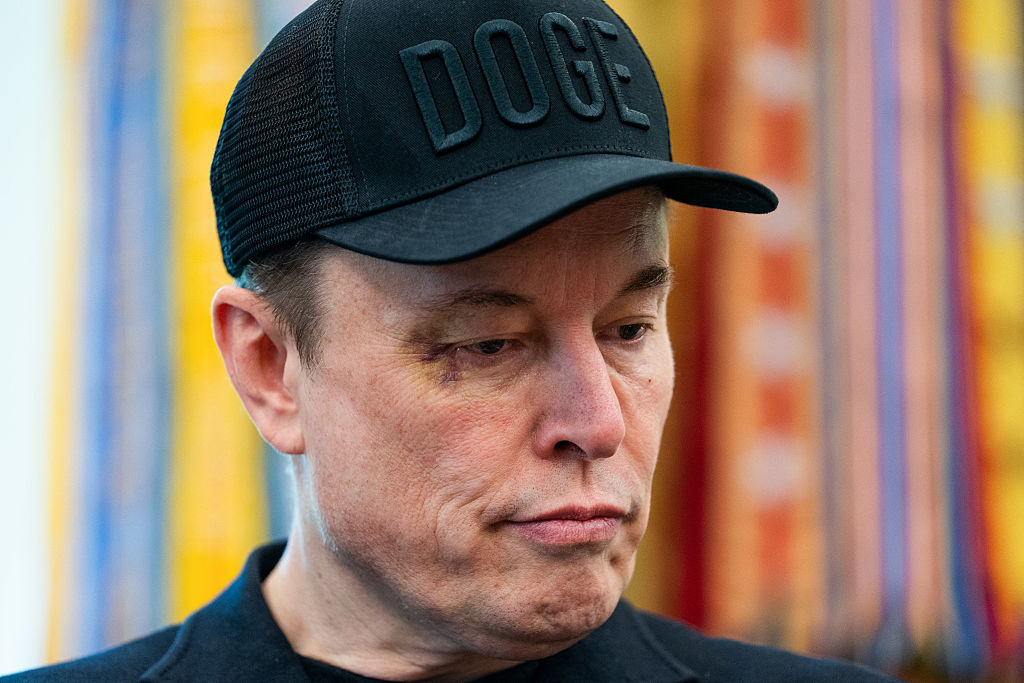
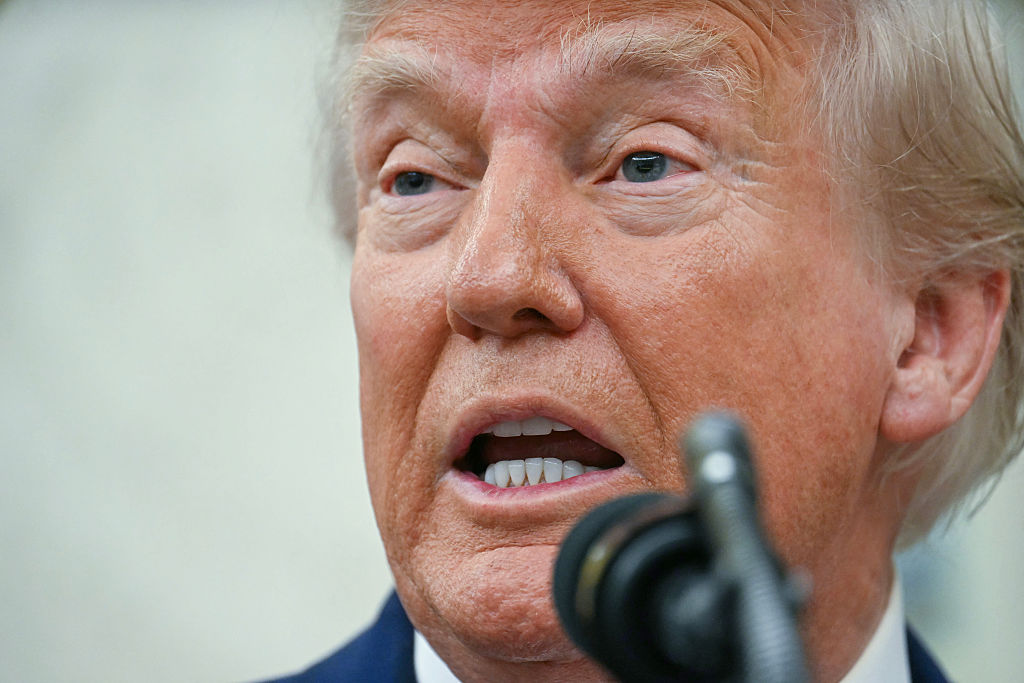







Leave a Reply